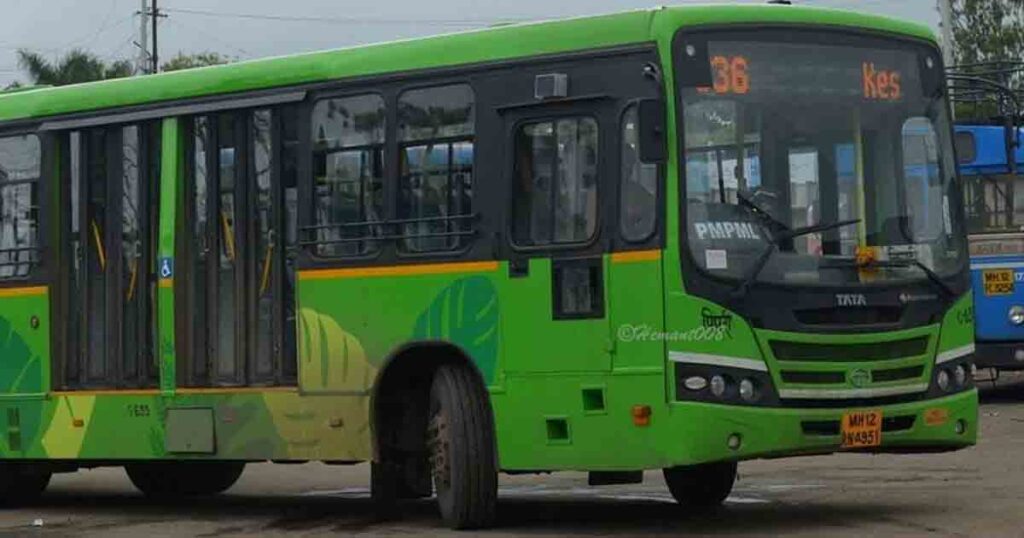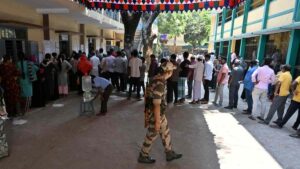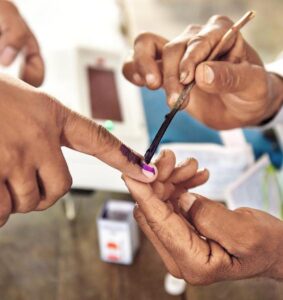PMPML to increase number of CNG buses in fleet due to its cost-effectiveness

PUNE: In the fleet of Pune Mahanagar Parivahan Mahamandal Limited (PMPML) buses, it has been observed that operating Compressed Natural Gas (CNG) buses is 20 percent more cost-effective compared to electric buses (e-buses).
The cost per kilometer for an e-bus is Rs 102, while a CNG bus costs Rs 85 per kilometer. This cost advantage is likely to lead to an increase in the number of CNG buses in the future, resulting in reduced transportation expenses.
Consequently, there may be a need to pause the procurement of e-buses in order to maintain a balanced fleet. According to the e-bus policy of the central government, 30 percent of the buses operated by the passenger service organization must be electric by 2030. As per the information provided, PMPML achieved this target in 2023.
Currently, 32 percent of the PMPML fleet consists of e-buses. Even if no new e-buses are added in the next seven years, the organization can continue its operations without any disruptions. However, PMPML has recently faced challenges due to the charging patterns of e-buses, which have been deliberately planned. Currently, all 458 e-buses in the fleet are owned by contractors. The operating costs of e-buses exceed the revenue generated from their transportation services. Additionally, the time required for charging and the cancellation of trips during peak afternoon hours have significantly affected passenger services.
The contractors, with their large number of buses, have established a virtual monopoly within PMPML. To address these issues and reduce transportation costs, PMPML intends to expand its CNG bus fleet while adjusting the number of e-buses accordingly. For the past 16 months, 192 buses have been idle due to the unavailability of e-bus batteries, with no clear timeline on when they will become available. Charging e-buses is a time-consuming process, taking five hours for AC chargers and two hours and 30 minutes for DC chargers.









